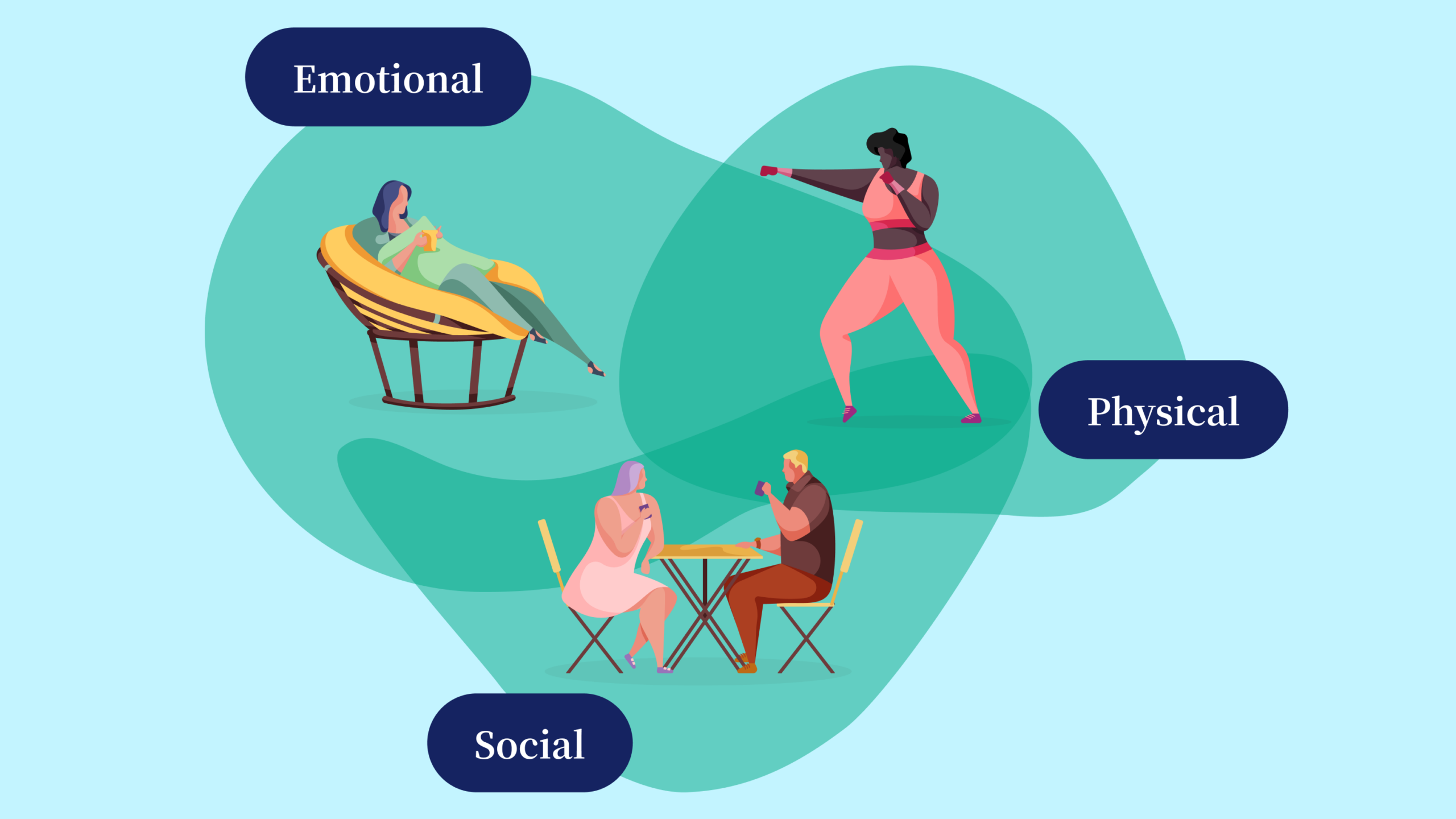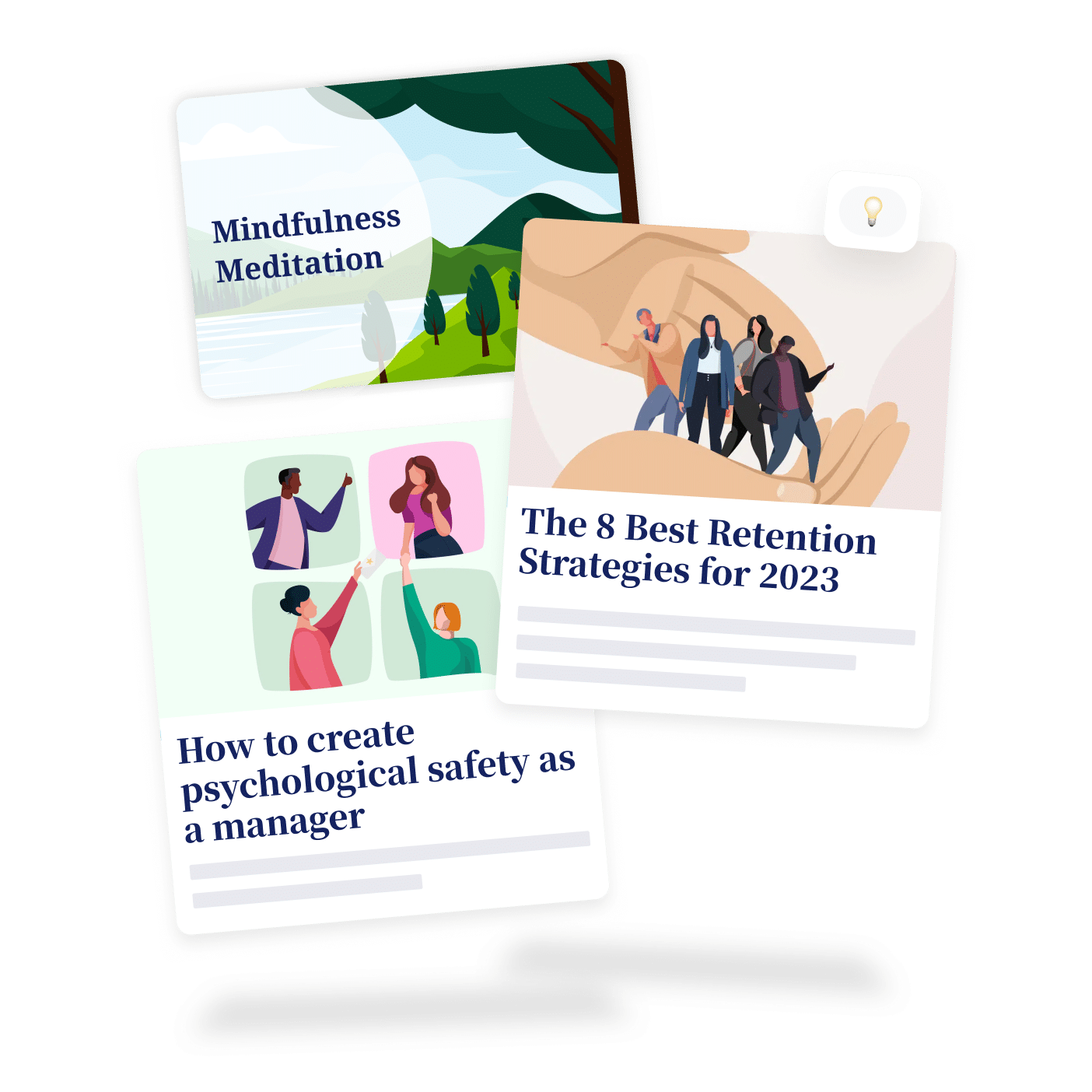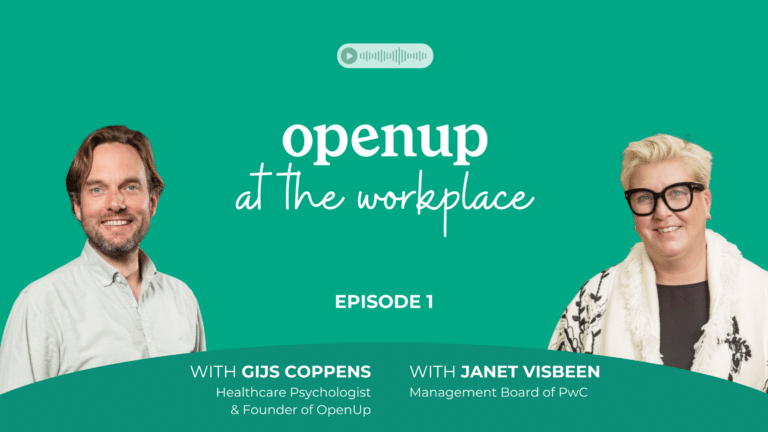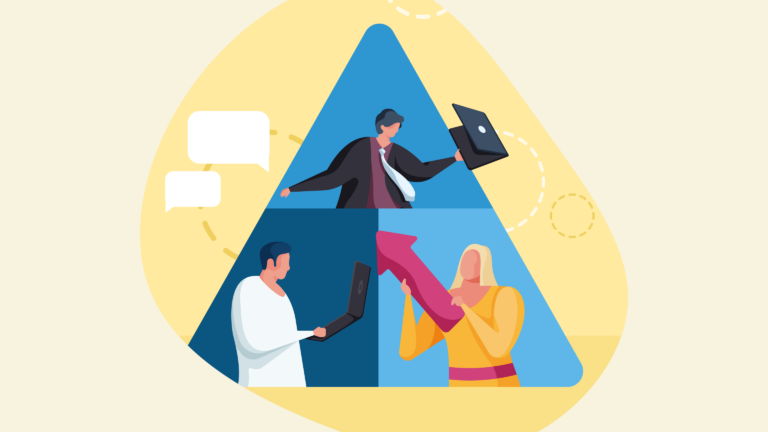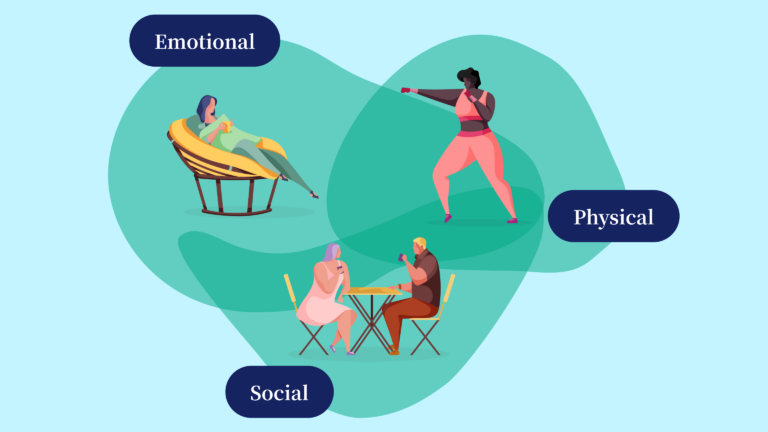Scientific studies underscore the undeniable connection between body and mind: physical, emotional, and social aspects all influence one another. Consequently, a well-rounded approach to mental well-being becomes imperative, providing the necessary space and attention to cater to individual needs.
One person may find satisfaction socially but struggle with poor sleep and stress. Meanwhile, another may sleep soundly but requires guidance on adopting a healthier diet and incorporating more exercise.
1. The influence of physical resilience on mental well-being
“Physical resilience goes beyond merely being free of pain or discomfort,” asserts lifestyle expert Aaron Spapens. “It involves experiencing your body functioning as desired while acknowledging limitations.”
Engaging in exercise is a crucial component of this. Approximately 1 in 3 men and 1 in 2 women do not exercise enough for good health. However, exercise is the sole factor. Energy levels, nutrition, sleep quality, breathing, and female health are pivotal in achieving a healthy body. According to the World Health Organization (WHO), physical well-being encompasses:
- Reduction in feelings of depression, anxiety, and tension;
- Enhancement of cognitive functions such as thinking, learning, and assessment skills;
- Facilitation of healthy development in young individuals;
- Overall improvement in well-being.
“No matter the cause, if your body deviates from your expectations or previous capabilities, it significantly influences your emotional state,” explains Aaron. Conversely, the reverse is true. “Feeling strong and maintaining ample energy levels empower you to handle more and cope better with setbacks and changes. This resilience ultimately translates into enhanced performance, including in the workplace.”
2. The impact of emotional resilience on mental well-being
Emotional well-being involves nurturing a healthy mind that empowers effective coping with challenges,” explains psychologist Lizzy McCormick. “It doesn’t necessarily mean constant happiness; rather, it signifies resilience, self-development, and a healthy self-esteem.”
Despite the high demand for emotional well-being, the area is still insufficiently addressed, as the World Health Organization (WHO) reported. This inadequacy is particularly evident in the workplace, where an estimated 12 billion working days are lost globally each year due to mental well-being challenges, resulting in an annual productivity loss of $1 trillion.
“Individuals facing considerable (work) pressure find it challenging to think clearly and creatively, identify opportunities, and foster personal growth,” explains the psychologist. “Increased stress levels hinder concentration, making it more difficult to devise effective solutions.”
3. The impact of social connectedness on mental well-being
“We are inherently social beings with a fundamental need to connect with others. Those adept at group dynamics are evolutionarily predisposed to survival, and this basic need persists within us,” explains the psychologist. This secure sense of connection with others defines social well-being.
This social connectedness profoundly influences both physical and emotional well-being. Numerous studies highlight that relationships serve as our primary source of happiness. Furthermore, they are correlated with enhanced resilience, a fortified immune system, increased pain tolerance and heightened satisfaction.
“Trust and connection create a space for relaxation,” says Lizzy. “Conversely, if you feel lonely or excluded, it also has a significant impact.” For instance, research demonstrates that loneliness can elevate stress levels and is linked to depression, anxiety, low self-esteem, and sleep problems.
In the workplace, this underlines the importance of relationships, both within and outside of work, contributing to personal growth, reduced stress, social support, increased confidence, and enhanced resilience in the face of change and adversity.
Three elements of resilience
Individuals fortified in physical, emotional, and social aspects demonstrate heightened resilience against stress, change, and adversity, enabling them to thrive and adapt even in challenging circumstances – a vital attribute in the workplace.
OpenUp takes a comprehensive approach to mental well-being, known as the 360° method. Nana highlights, “Under the guidance of respected psychologists and lifestyle experts, we provide tailored support for each individual, extending to their immediate friends and family.”
Are you curious about the 360° approach at work, covering aspects like exercise, nutrition, stress, breathing, and relationships? Book a demo with OpenUp for insights and guidance tailored to your workplace needs.
